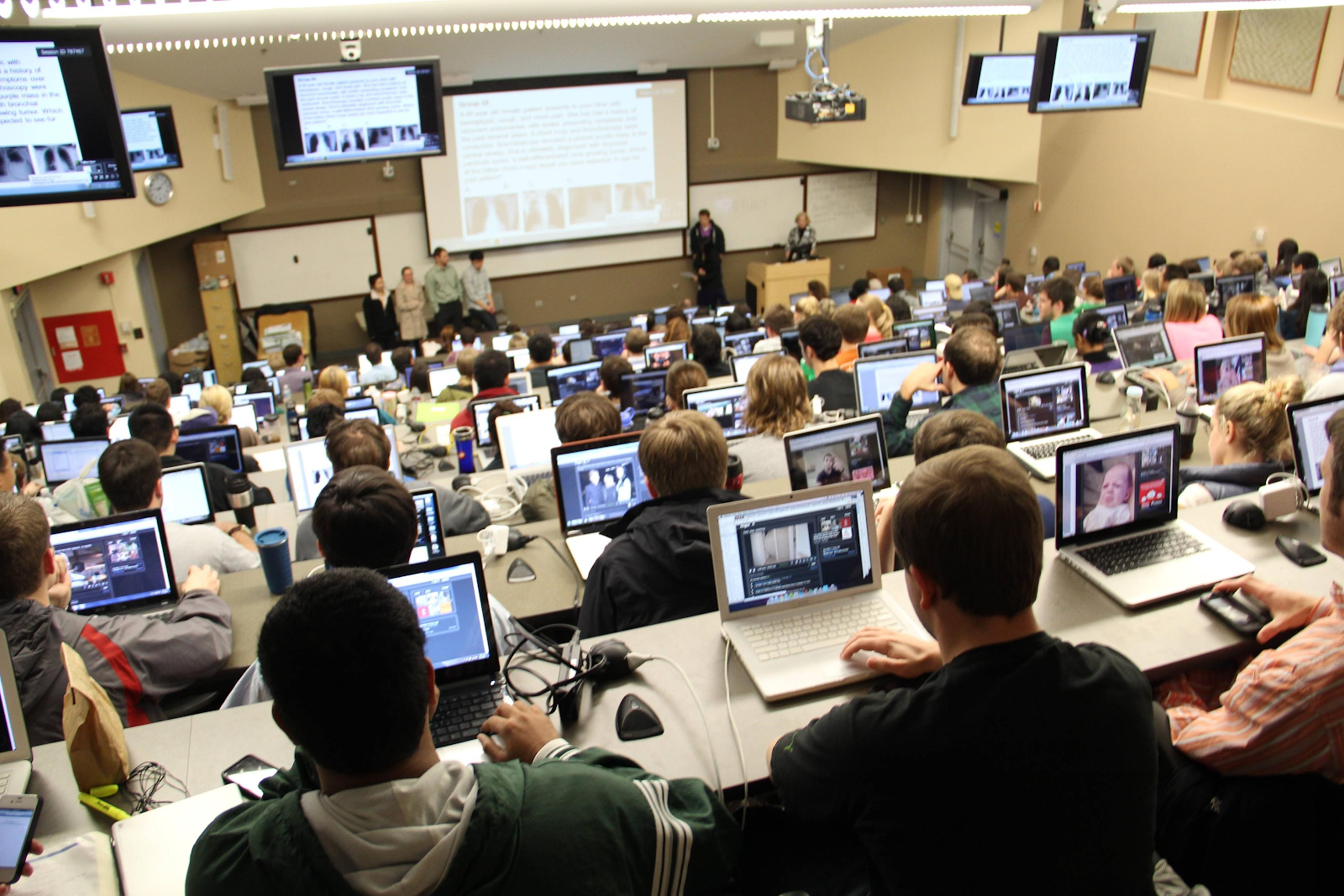Out of the four videos we were given to watch for this assignment, the one that stuck out to me the most was easily the one regarding surveillance via text/call. It's almost become common knowledge how "the government is watching," and while I'm normally more forgiving than most about that fact I find it also important to consider the alternative: those who might hack communication servers with nefarious intent.
Many of these communication technologies were built with surveillance in mind, and there's nothing we can do regarding being recorded on certain programs we may choose to use. This video does a good job of making it very clear that the big tech companies are the ones who control the "democracy" of online communication, and it's ultimately up to them regarding how "private" our private conversations may be kept.
However, I also think the speaker did a good job of providing examples of how we can better protect ourselves from having our words used against us. Encryption codes and VPNs are things not everyone may be comfortable with installing on their hardware for whatever reason, but knowing that built-in messenger apps on phones aren't collecting messages like on social media is definitely a step in the right direction.
In finality, I admittedly try and tend to stay away from subject matter such as this, but yet at the same time, I feel appreciative of this course and my professor for helping me face the music on a lot of these important issues. I think one of the biggest reasons for this was that I would always take issues like this into consideration of just thinking about myself personally. "If I don't have anything to hide and don't have a considerable spending record or carbon footprint, nor any sort of nefarious intent that may disrupt the general peace, why would the government care to monitor my activity?" However, now I understand how I may be thinking too narrow-mindedly because I 100% agree that no one deserves to have their privacy taken away from them involuntarily. Having your data stolen or used against you is a truly deplorable thing, so it's definitely essential for anyone to be educated in how to better protect their online information.








